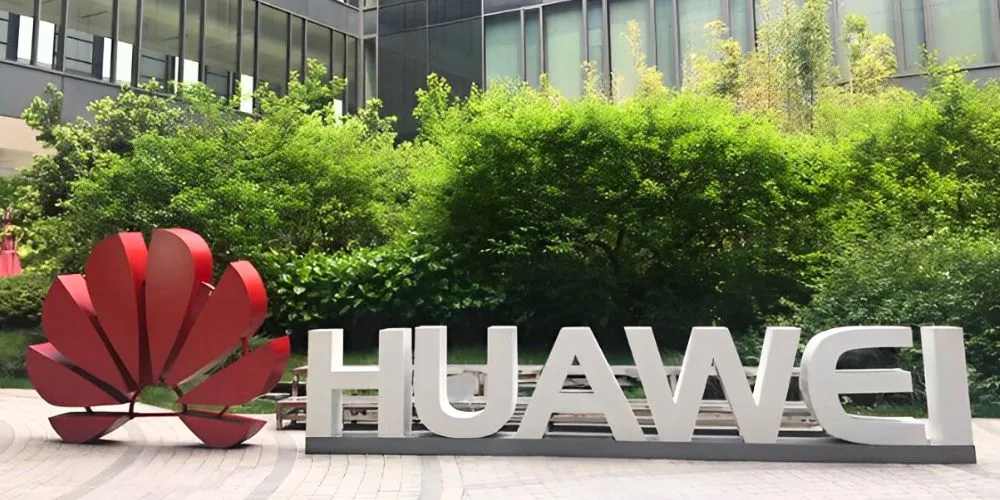Key Points:
- The U.S. revokes licenses allowing chip shipments to Huawei, impacting major semiconductor companies like Intel and Qualcomm.
- The move follows concerns raised by Republican lawmakers over the Commerce Department’s approval of Huawei’s chip sales.
- The decision could disrupt Huawei’s supply chain and affect U.S. suppliers doing business with the company.
- Despite export restrictions, Huawei’s resilience is evident in its recent smartphone sales surge and the growth of its smart car component business.
The United States has revoked licenses that permitted companies like Intel and Qualcomm to supply chips used in laptops and handsets to Huawei Technologies. This move could significantly impact both the Chinese telecom giant and American suppliers.
According to three sources familiar with the matter, licenses allowing chip shipments to Huawei were revoked, affecting major players in the semiconductor industry. Although the U.S. Commerce Department confirmed the revocation, it did not disclose the names of the companies involved.
The decision comes after Huawei launched its first AI-enabled laptop, the MateBook X Pro, powered by Intel’s latest Core Ultra 9 processor. This release drew criticism from Republican lawmakers, raising concerns about the Commerce Department’s approval of Huawei’s chip sales. In response to the move, Congresswoman Elise Stefanik emphasized the importance of the action in bolstering national security and limiting China’s technological advancement.
The revocation of licenses could pose challenges for Huawei, which heavily relies on Intel chips for its laptops, and may also affect U.S. suppliers doing business with the company. Intel, already facing weak demand for its traditional chips, experienced a significant drop in stock market value after projecting lower-than-expected second-quarter revenue and profit.
Huawei’s inclusion on a U.S. trade restriction list in 2019 heightened scrutiny over its suppliers, who must obtain special licenses before shipping goods to the company. Despite this, some suppliers received licenses worth billions of dollars, including Intel, which had been authorized to ship processors for Huawei laptops since 2020.
Qualcomm, another major supplier to Huawei, received a license to sell older 4G chips to the company in 2020. However, Qualcomm expects to cease chip revenue from Huawei beyond this year. Although Qualcomm continues to license its 5G technologies to Huawei, critics argue that such licenses have contributed to Huawei’s resilience in the face of export restrictions.
Huawei’s recent resurgence in smartphone sales, fueled by sophisticated chips from Chinese chipmaker SMIC and growth in its smart car component business, has raised concerns among industry observers. Despite U.S. sanctions, Huawei recorded significant revenue growth, posing challenges to American tech dominance.











